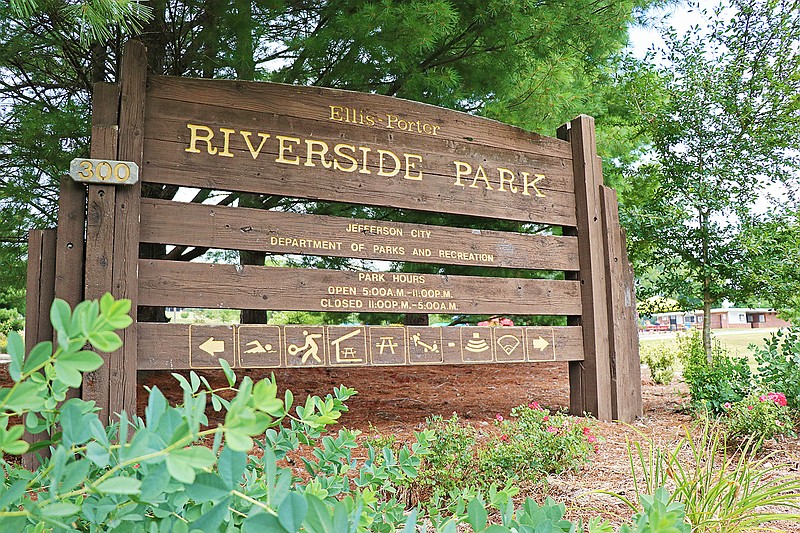Funding for the next 20 years of parks improvements was approved by the Jefferson City Council during Monday's meeting.
The council approved a bill which authorizes the city to issue special obligation improvement bonds, which will not exceed $7.5 million, to the Jefferson City Parks, Recreation and Forestry Department for improvements to the city's parks.
The parks department will be responsible for approximately $500,000 in annual debt service per year through the parks fund budget, City Counselor Ryan Moehlman said. If the department does not cover the bond, the City Council has the authority to use parks sales taxes to cover the fund.
Jefferson City Finance Director Margie Mueller previously told the News Tribune the parks fund collects about $5 million per year.
The bonds will be sold by the city via competitive sale Wednesday, according to the bill, allowing investment banks to submit electronic "bids" to purchase the bonds. The city will then select the "winning" bid - the one that would result in the lowest true interest cost to the city and that also meets certain criteria set out in the ordinance.
The bonds will be used for improvements to the city's parks system as outlined in the 20-year master plan. The majority of the improvements will be made to Community Park, McClung Park and Ellis-Porter Riverside Park.
During Monday's meeting, the council also heard a proposed bill for a supplemental appropriation within the parks fund for the purchase of two new vehicles - a dump bed truck and aerial bucket truck for a total of $171,548.
Todd Spalding, director of the parks department, said the funds for the purchase of the vehicles had been approved as part of last year's fiscal budget, but they were unable to buy the vehicles during that time. The manufacturer, Ford, wasn't able to provide the vehicles due to back order.
The supplemental appropriation would transfer the funds from surplus to the Parks and Recreation Department.
Council hears bond proposal for Modern Litho
Also Monday, the council heard a proposed bill that would authorize the city to issue taxable industrial development revenue bonds to Modern Litho-Print Co. in an amount not to exceed $5 million, and approve a plan to expand the manufacturing and production capacity of the company's facility on Stertzer Road.
The bonds would pay for an industrial development project at the company, which includes purchasing a new printing press and other equipment. The company operates a manufacturing facility.
The bonds would fall under Chapter 100 of state statute, which allows a city to finance costs of distribution facilities or industrial plants, purchase equipment and then lease the equipment to the company.
If approved, the $5 million bonds to Modern Litho would provide personal property tax abatement for the equipment purchased by the company. When the bonds close, the ownership of the project equipment will move from the company to the city, allowing it to be exempt from personal property tax as a result, according to the proposed bill.
Then the city will lease the equipment back to the company. The company will get tax abatements from 2020-28 if they agree to make certain payments-in-lieu of taxes and create and maintain 25 new jobs.
It is anticipated the company will acquire new equipment in 2019, 2020 and 2021.
Shaun Sappenfield, manager of existing business for the Jefferson City Area Chamber of Commerce, told the council the press has already been purchased and is in use, and jobs have already been created.
In 2016, the council approved a similar bond with the company to add a new press and create 50 jobs in seven years. Sappenfield said they have already created 47 of those 50.
Haden Crumpton, the city's bond counsel, said this system creates no financial risk on the city's part, except the personal property tax abatements provided. The risk for the bonds would still fall to the company, which is essentially purchasing it's own bonds.

